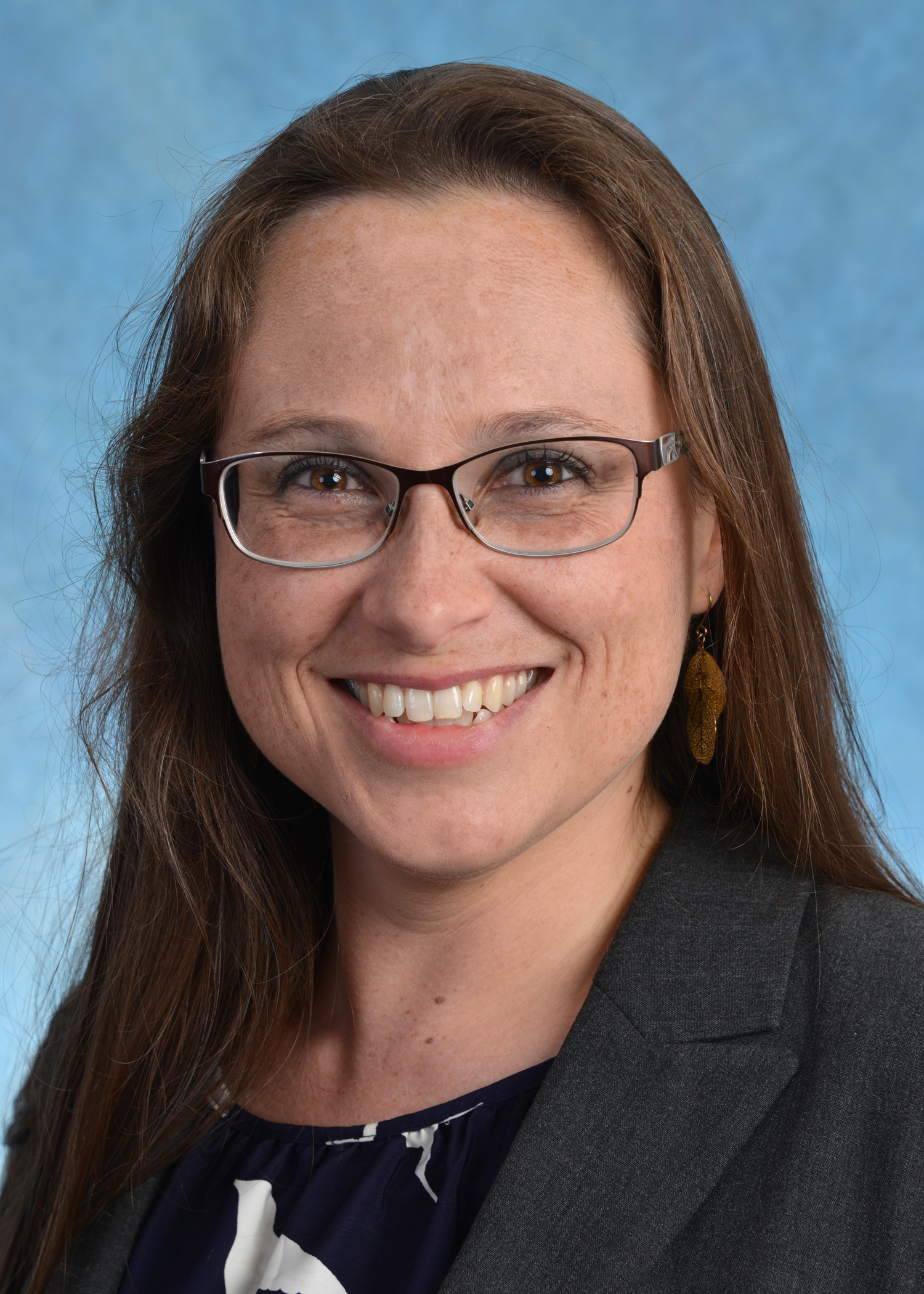Paper Presentation
Education/Interprofessionalism
Session: Teaching Ethics in Graduate Medical Education
No Time for Ethics? Implementing an Interdisciplinary Clinical Ethics Rotation for Graduate Medical Trainees
Thursday, September 19, 2024
10:45 AM - 11:45 AM CT
Location: Midway 1-2 (First Floor)
Keywords: Clinical Ethics Education, Educational Innovation
Abstract: How can we bring clinical ethics to the busy world of residency? Although ethics curricula are well-established in undergraduate medical education, residency presents complex challenges: clinical workloads, competing educational priorities, and a lack of expertise among preceptors. Conventional GME ethics curricula rely on didactics and tend to be siloed by specialty. All these factors can become barriers to developing robust educational experiences in clinical ethics for medical residents.
In this presentation, we will describe an adaptable clinical ethics rotation we implemented at our institution in 2020. With the cooperation of GME program directors, the rotation is open to any resident and is supported by the institution’s Center for Bioethics and Hospital Ethics Committee (HEC). The faculty advisor and preceptors are members of the HEC’s Clinical Ethics Service. Each resident develops a personalized plan based around 3 pillars: didactics in clinical ethics, practical ethics experiences, and a project or presentation for a broader audience. All residents read and discuss core texts and participate in HEC meetings, ethics consultations, and ethics rounds in critical care settings. Resident projects have ranged from preparing presentations for ethics conferences, to peer education for community outreach around vaccine hesitancy, to creating a database of films and TV shows for ethics teaching .
We will discuss how residents have evaluated the rotation, feedback we have received from the residents and GME directors, and lessons we have learned from implementing the rotation. We will conclude by offering practical tips for designing and implementing ethics rotations at other institutions.
In this presentation, we will describe an adaptable clinical ethics rotation we implemented at our institution in 2020. With the cooperation of GME program directors, the rotation is open to any resident and is supported by the institution’s Center for Bioethics and Hospital Ethics Committee (HEC). The faculty advisor and preceptors are members of the HEC’s Clinical Ethics Service. Each resident develops a personalized plan based around 3 pillars: didactics in clinical ethics, practical ethics experiences, and a project or presentation for a broader audience. All residents read and discuss core texts and participate in HEC meetings, ethics consultations, and ethics rounds in critical care settings. Resident projects have ranged from preparing presentations for ethics conferences, to peer education for community outreach around vaccine hesitancy, to creating a database of films and TV shows for ethics teaching .
We will discuss how residents have evaluated the rotation, feedback we have received from the residents and GME directors, and lessons we have learned from implementing the rotation. We will conclude by offering practical tips for designing and implementing ethics rotations at other institutions.
Learning Objectives:
After participating in this conference, attendees should be able to:
- Analyze the challenges in developing effective clinical ethics learning experiences in graduate medical education
- Explore an adaptable interdisciplinary model for a clinical ethics rotation for residents across specialties facilitated by the clinical ethics service
- Evaluate the effectiveness of an ethics rotation for residents through narrative evaluation, learner interest and outcomes
Jean Cadigan, MA, PhD – University of North Carolina; Arlene Davis, BS, JD – Professor, Social Medicine, University of North Carolina; Diya Jost, MD – Hospitalist, Hospital Medicine, WakeMed

Rimma Osipov, MD,PHD
Clinical Assistant Professor
University of North Carolina
Chapel Hill, North Carolina
